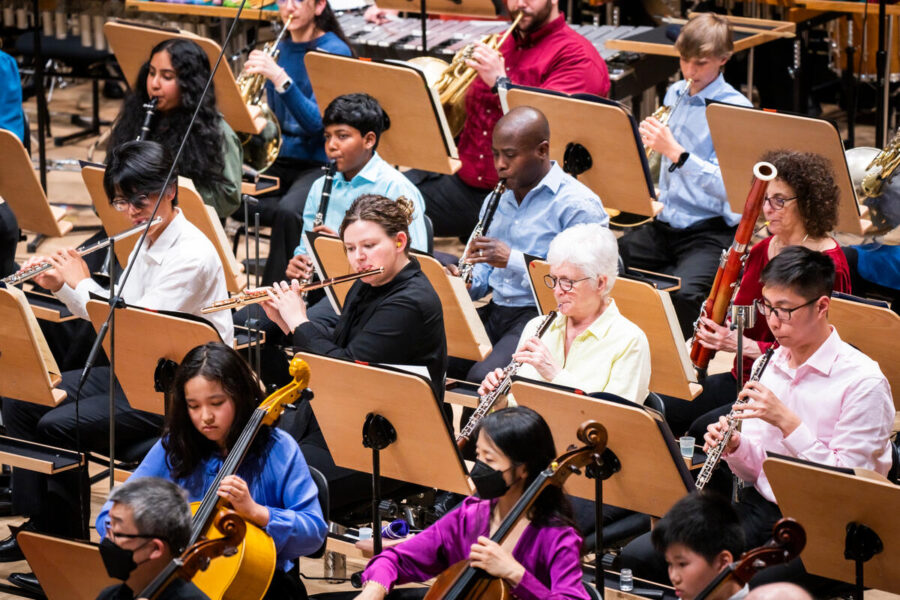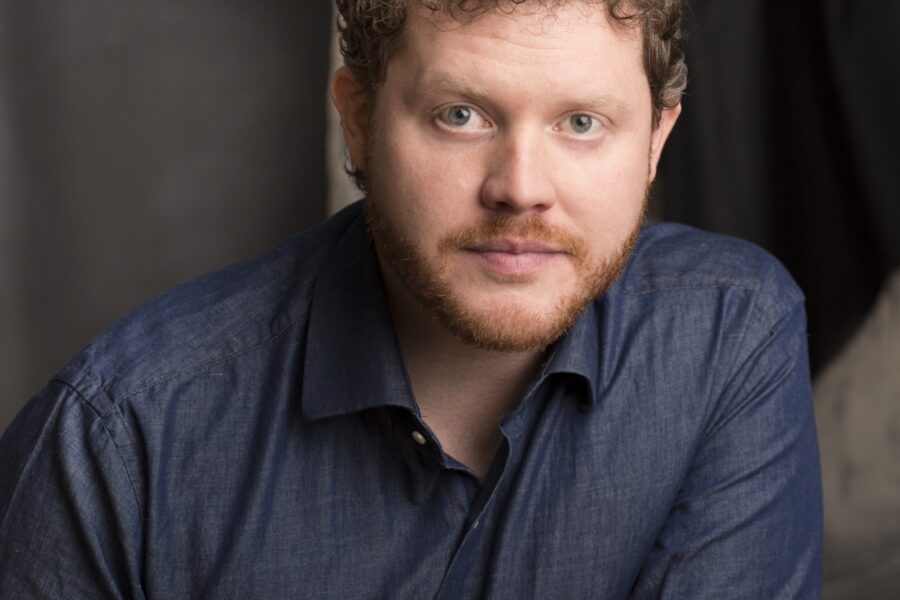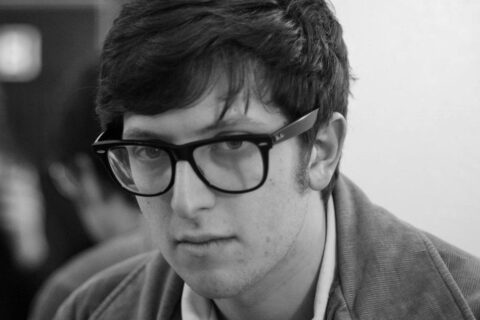
By Tim Hansen
2013 JFund awardee David Hertzberg is writing a work for saxophones. Four of them. The PRISM Quartet to be precise, which is no small coup. PRISM are not only regarded internationally as champions of new music, their commissioning history reads like a who’s who of Pulizter-Prize winners, Guggenheim Fellows and MacArthur “Genius” Award recipients. Clearly, at the tender age of 23/24, Hertzberg is in esteemed company. So what processes will the young composer undertake to create this important work? Will he slave over tone-matrices for months? Will he embark upon a quest to discover hitherto overlooked extended techniques lying dormant within the mouthpiece? Or will he spend the summer deconstructing baritone saxophones to truly understand the physical mechanics that govern these instruments’ harmonic properties?
“I basically pace around for a week or a month or a year and let the music germinate, thinking through it over and over again until it’s hopefully composed itself,” he says. The no-frills, peripatetic approach allows Hertzberg to stay in what he describes as a “kind of continuous present”. It’s important to him to be in this state he says, as it allows him to be confident that the work is both complete and “organic”. And he could be on to something: his works wind and weave their way through the air like a fast-motion film of a growing vine, constantly shooting out brief, curling tendrils of melody that blossom and disappear in seconds, only to be replaced by something new.
Hertzberg’s work for PRISM is still under construction, but the Los Angeles-born composer already has his seed from which the work will grow: an exploration of musical eroticism inspired by the work of 19th Century Danish philosopher Søren Kierkegaard. Hertzberg explains that his attraction to this field of thought is less literal as it is figurative: eroticism in this sense refers not so much to sexual aesthetics as to the blurrier concept of personal, subjective sensuality.
“I find it (eroticism) to be a beautiful metaphor for the musical experience I seek to create and that I experience in general,” he says. “I see it as embracing what is simultaneously potent, intangible, and immediate – that we experience music as an elevated state of sensory awareness – reacting to stimuli inexplicable and yet often so semiotically precise they seem to elicit specific feelings”.
“The particular reason that I find sensual metaphors so poignant for my music,” he continues, “is that the emotional or sensory terrain that I seek to explore in my work is often so particularly musical as to be hard to express in words – outside of the ecstasy of creation or experience in general.”
For Hertzberg, a saxophone quartet like PRISM is an ideal medium through which to explore something as fuzzily defined as personal sensual experience. Aside from not having what Hertzberg describes as “associative musical baggage” compared to other ensembles or instruments that make up the broader Western Music canon, he is attracted to the saxophone quartet due to its uniquely nebulous timbral quality, asserting that “the beautiful amorphousness of a saxophone quartet’s musicological telos will serve as an ideal platform for a compositional exploration of that very energy, that immediacy that is the genius of musical sensuousness”.
Related Posts

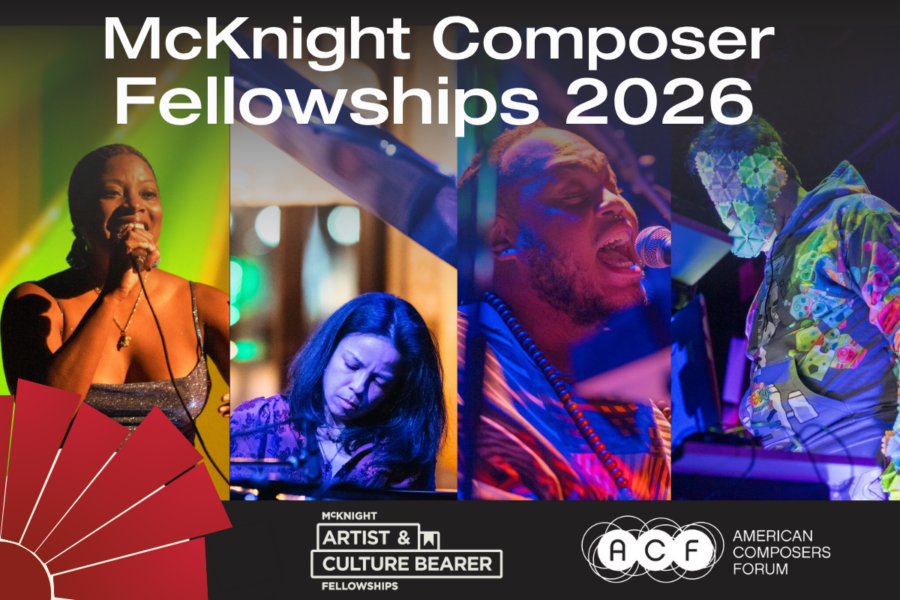






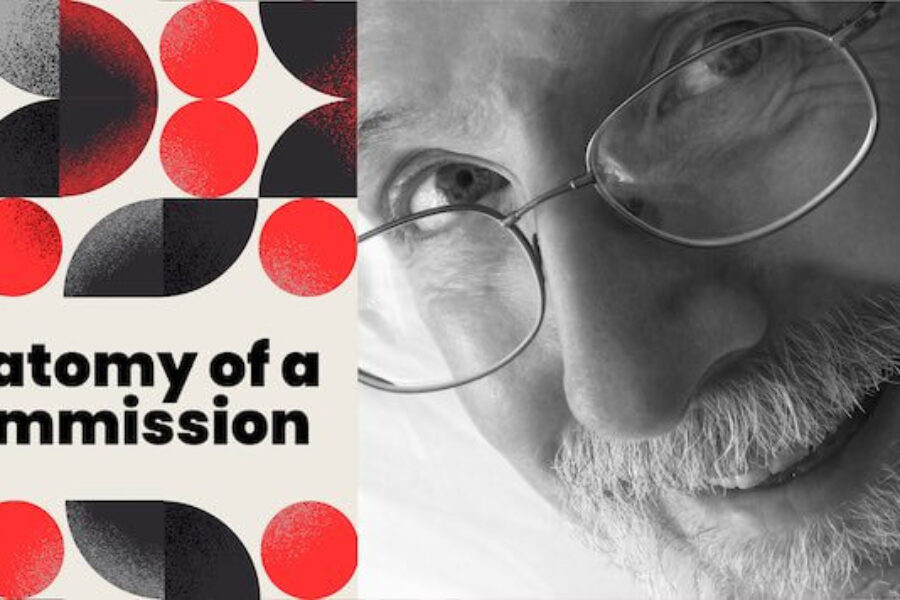


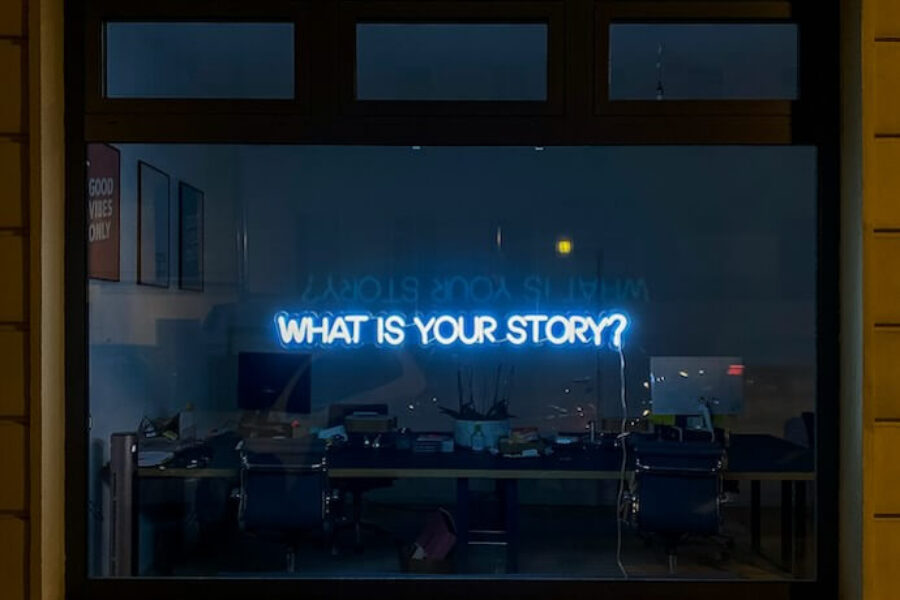
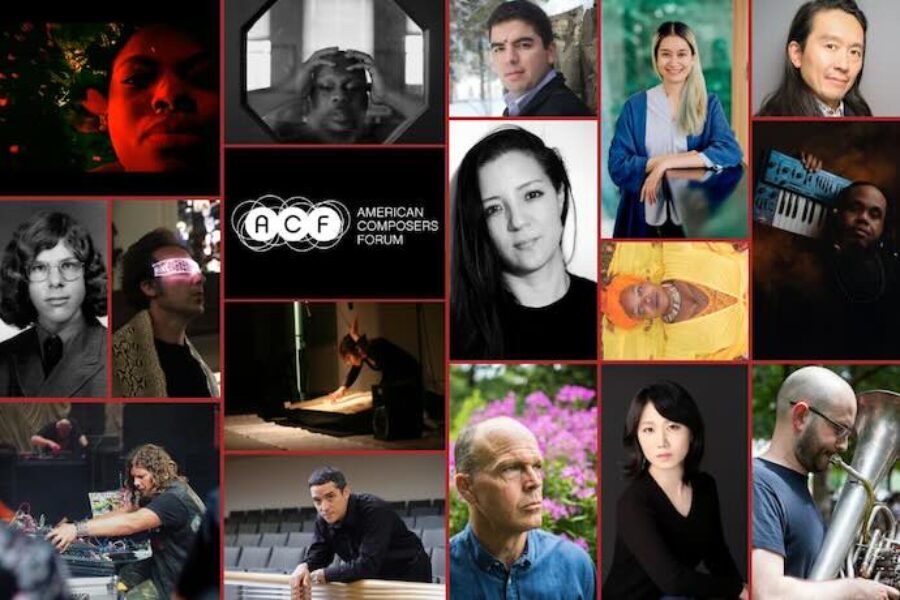
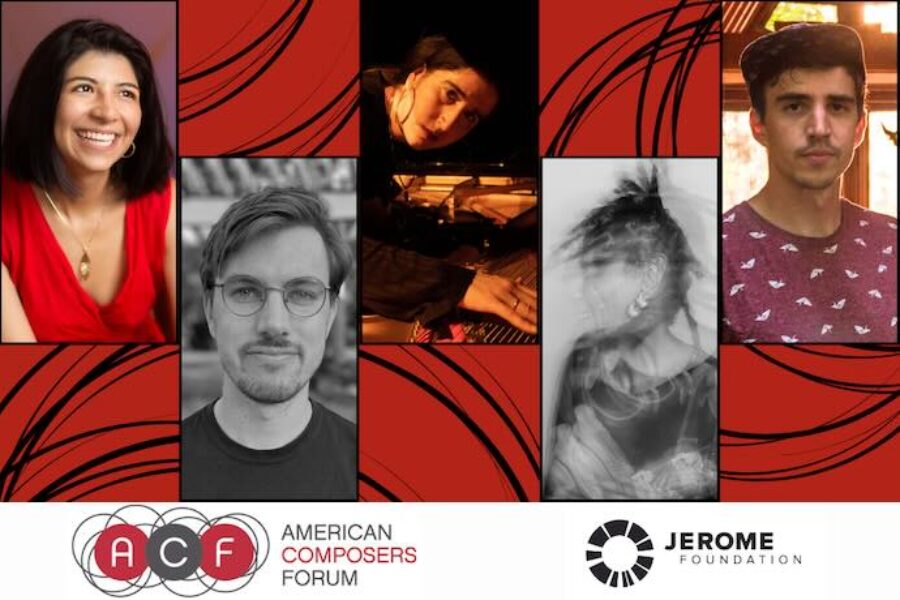

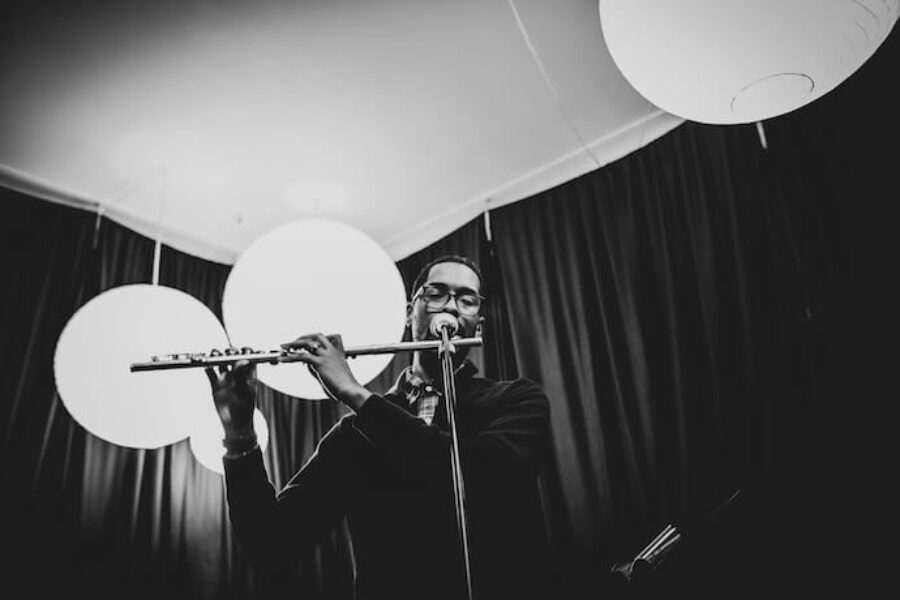


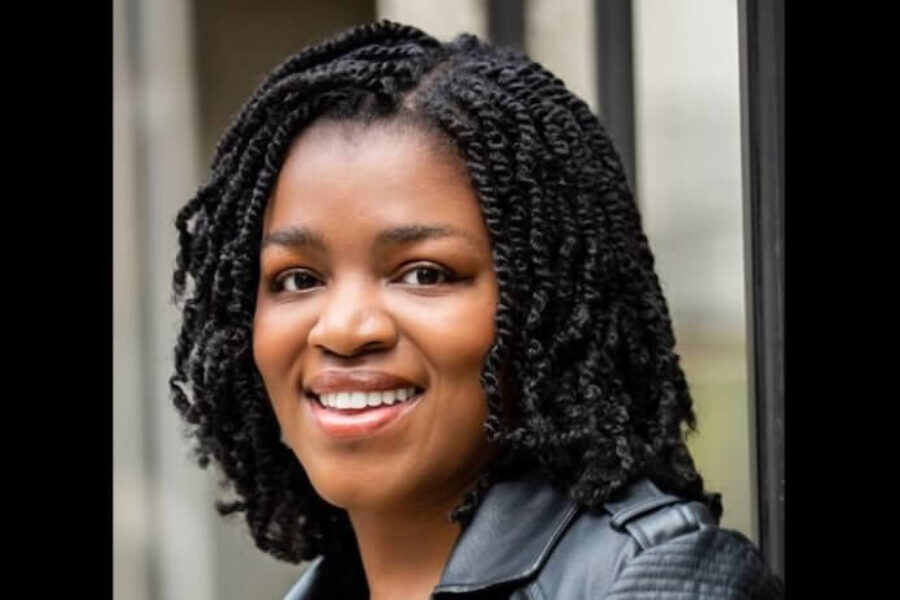

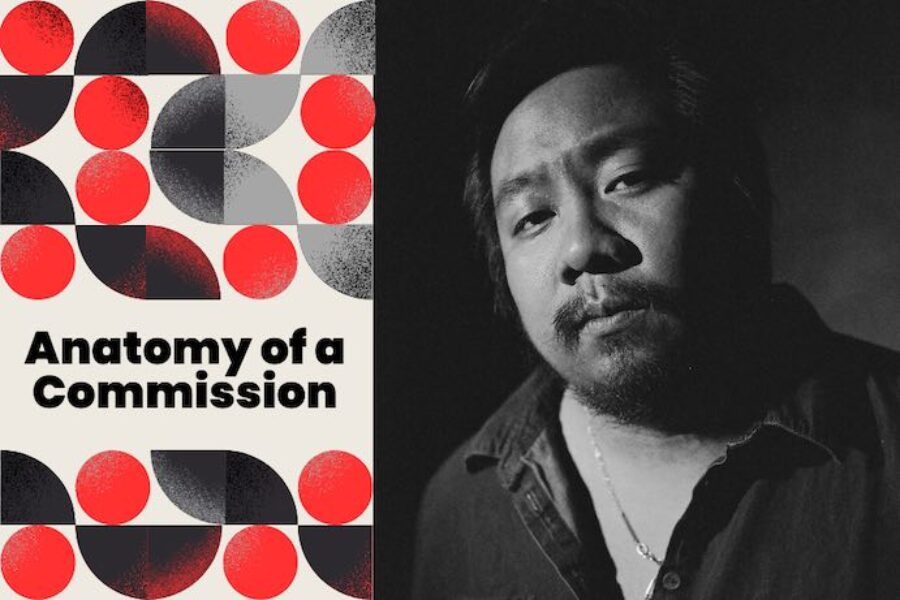
Anatomy of a Commission: Rethinking Composer-Ensemble Commissions from a Visual Artist Perspective
